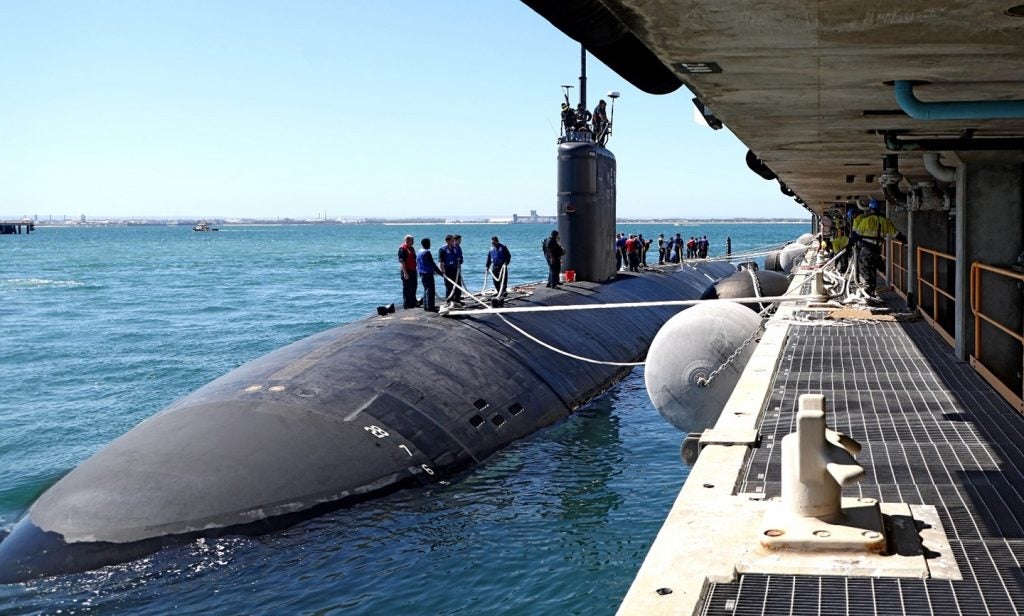The US Navy and the US Air Force (USAF) has awarded a new $86.5m contract to Lockheed Martin to produce the first production lot of long range anti-ship missile (LRASM) systems.
The current deal is the first production award for the air-launched variant of LRASM.
Lockheed Martin will be responsible for providing 23 missiles under the agreement, as well as engineering support services to the navy and USAF.
Low-rate initial production Lot 1 is the first of several expected annual production lots, which are expected to provide the US forces with advanced, next-generation anti-ship missiles.
Lockheed Martin Missiles and Fire Control LRASM director Mike Fleming said: “This first production lot of LRASM brings a new level of capability to both the USAF and the navy.
See Also:
“LRASM enables our warfighters to prosecute even the most advanced enemy ships.”
How well do you really know your competitors?
Access the most comprehensive Company Profiles on the market, powered by GlobalData. Save hours of research. Gain competitive edge.

Thank you!
Your download email will arrive shortly
Not ready to buy yet? Download a free sample
We are confident about the unique quality of our Company Profiles. However, we want you to make the most beneficial decision for your business, so we offer a free sample that you can download by submitting the below form
By GlobalDataLRASM has been designed to identify and destroy specific targets within groups of vessels by using advanced technologies.
These technologies are intended to reduce dependence on intelligence, surveillance and reconnaissance platforms, network links and global positioning system (GPS) navigation in electronic warfare environments.
Additionally, the Lockheed Martin missile will allow the military to operate in open ocean and blue water environments, due to its improved ability to discriminate and conduct tactical engagement activities from extended ranges.
LRASM is a precision-guided, anti-ship standoff missile based on the Joint Air-to-Surface Standoff Missile – Extended Range (JASSM-ER).
The air-launched variant of LRASM offers an early operational capability for the US Navy's offensive anti-surface warfare Increment I requirement to be integrated on-board the USAF’s B-1B in 2018, and the navy’s F/A-18E/F Super Hornet, in 2019.







